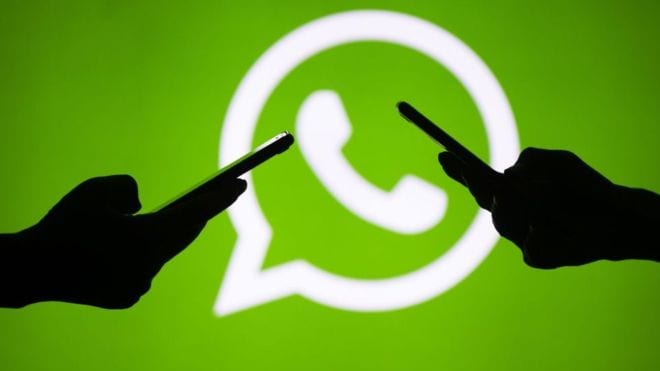The Government of India has been making headlines recently due to its ongoing debate regarding the need for social media platforms like WhatsApp to allow for the decryption of private messages on its network, citing national security requirements. Facebook gained ownership of WhatsApp in early 2014 further expanding its social media empire. WhatsApp, which has over 400 million users in India allows for the exchange of text messages, photos, videos, audio files and documents in multiple formats among various other features.
Using end to end encryption, data exchanged on WhatsApp is beyond the reach of third parties and WhatsApp themselves. This ensures maximum privacy on the users’ end allowing for the intended recipient of the messages to be the only party with the ability to decrypt the said message. Attorney General K.K. Venugopal told the Supreme Court that it was the responsibility of social media companies to share data wherever there was a potential threat to national security. In the interest of national security, he stated “A terrorist cannot claim privacy. For Facebook and WhatsApp to say they cannot decrypt is not acceptable.”

The government stated in an affidavit that it planned to formulate new rules regarding its hold on social media “keeping in view the ever-growing threats to individual rights and nation’s integrity, sovereignty, and security.” “They can’t come into the country and say we will establish a non-decryptable system,” Attorney General Venugopal said.
This decision has sparked much debate regarding its expectations from the social media platforms in question and with respect to the general right to privacy. Facebook’s lawyer Mukul Rohtagi told the court that the company was not obliged to share users’ data with the Indian government. The case was brought to the Supreme Court when Facebook allegedly asked the top court to hear all cases concerning privacy and curbs on social media usage. WhatsApp has been actively working on preventing misuse after it was accused of disseminating untrustworthy information. Having said that, it does not plan on scrapping end to end encryption.

Rohtagi stated that local laws do not demand companies to share data with government agencies nor do they mention the need for a decryption system provided by the said companies. A representative of the government affirmed that there was no intention to invade into the personal lives of citizens and that India merely wanted to guard its people against potential threats.
Judge Deepak Gupta however, disagreed with the proposed necessity for decryption questioning the need for social media platforms to have a decryption system when it is well within their rights not to have one. He also mentioned how the law allows the government to seek help to decrypt. “Nobody prevents you from having your own system of decryption,” Gupta said.
Further Reading:


